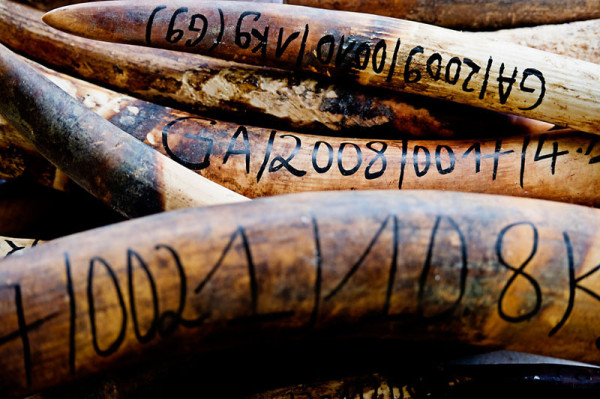The Trans-Pacific Partnership Leak: A story of missed opportunities
The Trans-Pacific Partnership has been described by negotiation countries as one of the most ambitious 21st century trade agreements. However, today’s leak of the agreement’s draft environment chapter reveals deeply concerning limits to that ambition. And it is these limits that could significantly undermine the sustainable use of the world’s resources as well as the long-term economic benefits of trade.

For nearly four years, a dozen nations including Canada, the U.S., Mexico, and a number of Pacific Rim countries have been quietly negotiating this deal. Last fall, WWF along with 23 other environmental organizations called for the inclusion of a number of critical measures to ensure the long-term sustainability of the world’s seafood and timber, and to curb the illegal trade of wildlife. Even though legally enforceable environmental provisions are a mandatory part of all U.S. trade agreements, that’s precisely where the leaked chapter (penned, it turns out, by Canada) fails. In short, the environmental provisions have no teeth.
The global environmental issues cited by WWF and others are implicit in this trade agreement. The countries included in the Trans-Pacific Partnership represent about one-quarter of the world’s global seafood catch (Canada is both a major exporter and importer of seafood). They account for 34% of world’s timber and pulp production. And they include some of the globe’s largest consumers of illegal wildlife products. In other words, this agreement represents a once-in-a-generation opportunity to significantly address the overfishing of our oceans, the devastation of our forests, and the illegal poaching and trafficking that is driving rhinos, elephants, sharks and other species to the brink of extinction.

That’s what’s slipping through our fingers here. And the implications are far-ranging. Unsustainable resource trade weakens the ability of law-abiding businesses to compete, and threatens jobs in countries who follow the rules. Take “pirate” fishing for example (fishing that’s illegal, unregulated, and unreported). This global epidemic accounts for about 20% of the world’s seafood catch, costing the industry as much as $23 billion per year. It’s also a major driver of overfishing, which includes unsustainable shark finning.
Canada has actually become an international leader in the fight against “pirate” fishing. Shouldn’t we be demanding that same level of leadership from others? Shouldn’t we be at the table pushing for an agreement that makes strong, legally-binding environmental legislation the foundation for a prosperous and sustainable global economy? Doesn’t that speak both to our historic role in international negotiations as well as to our values as Canadians?
Sadly, today’s leaked report shows us doing the opposite: standing in the way of proposals for stronger environmental enforcements. That, too, is a very disappointing missed opportunity—for Canada, for the world, and for our country’s our place in it.
